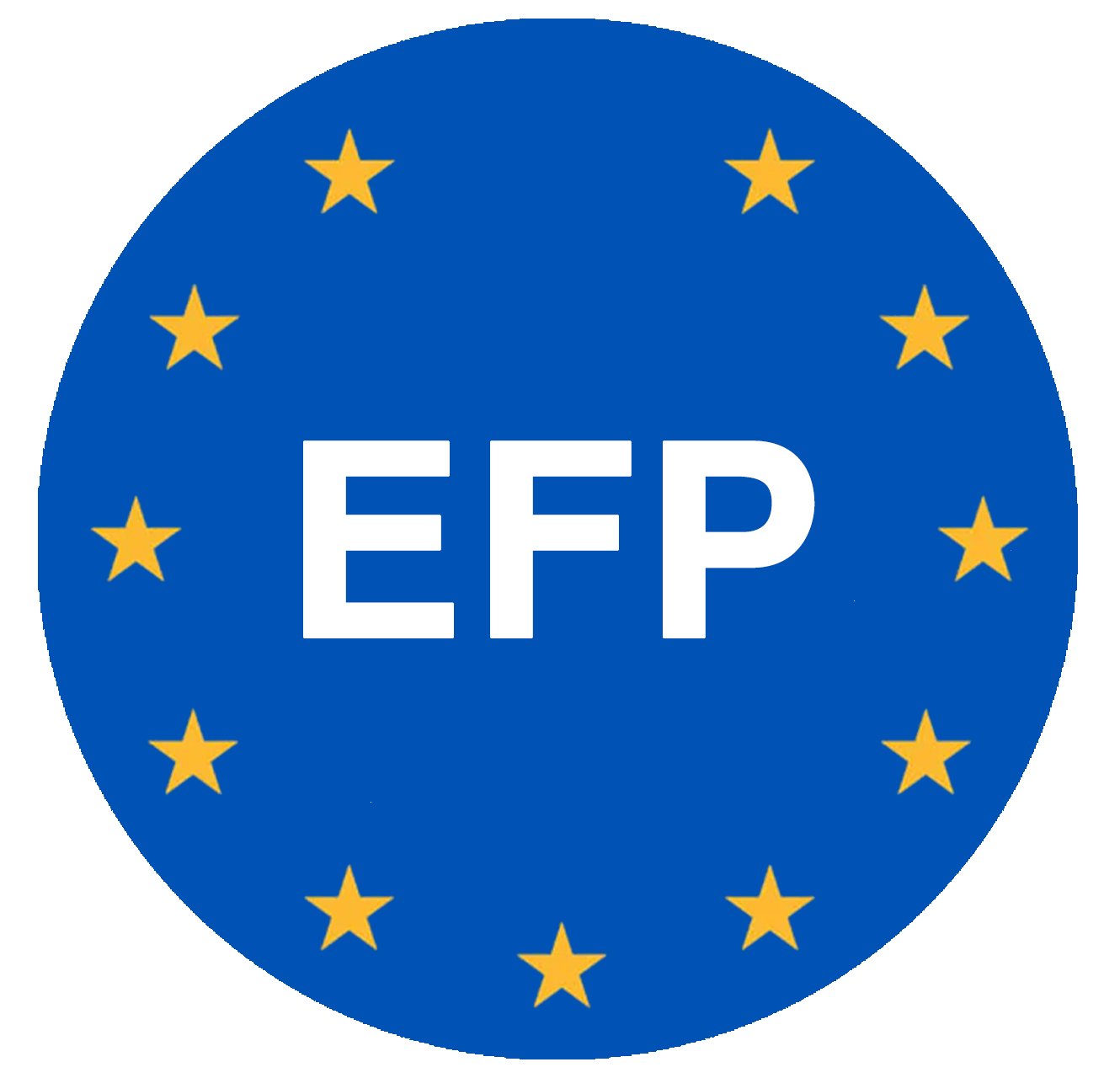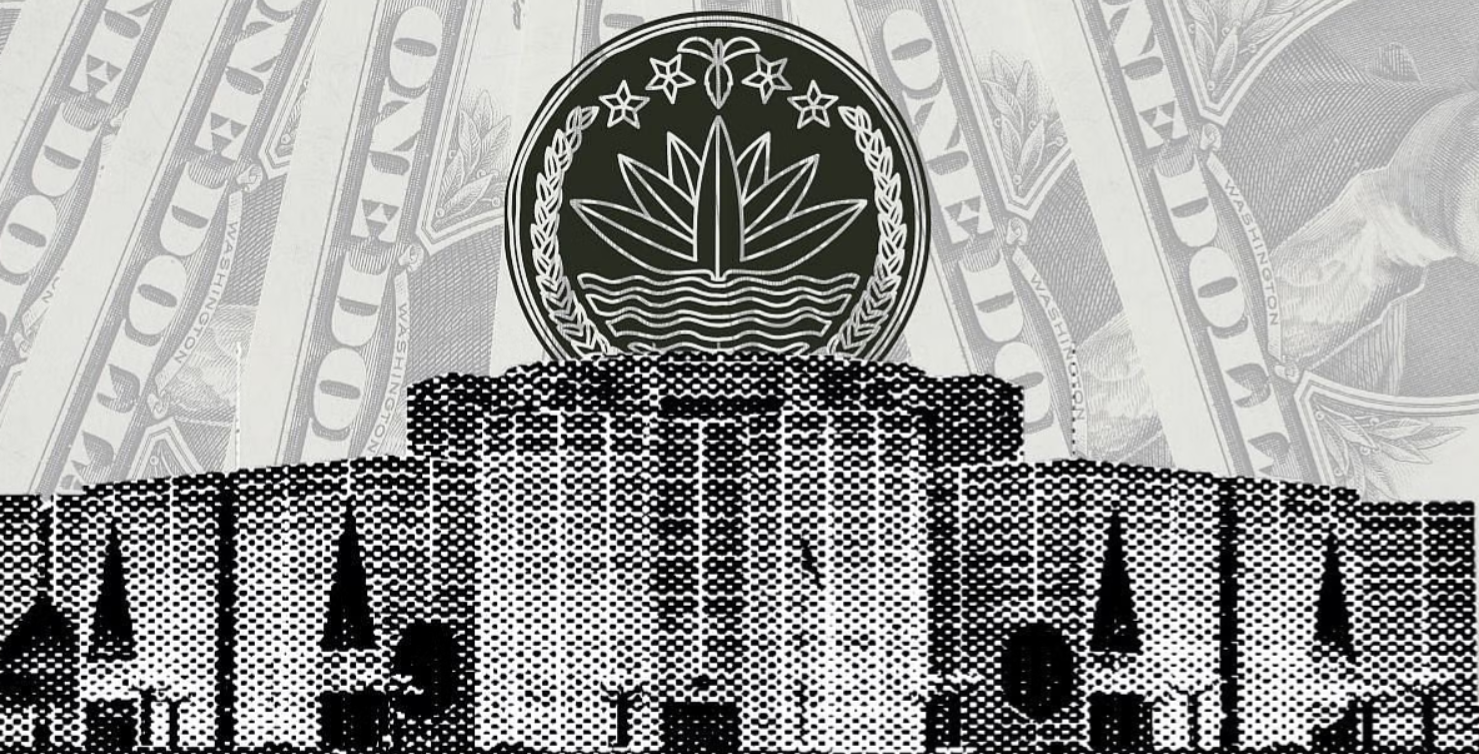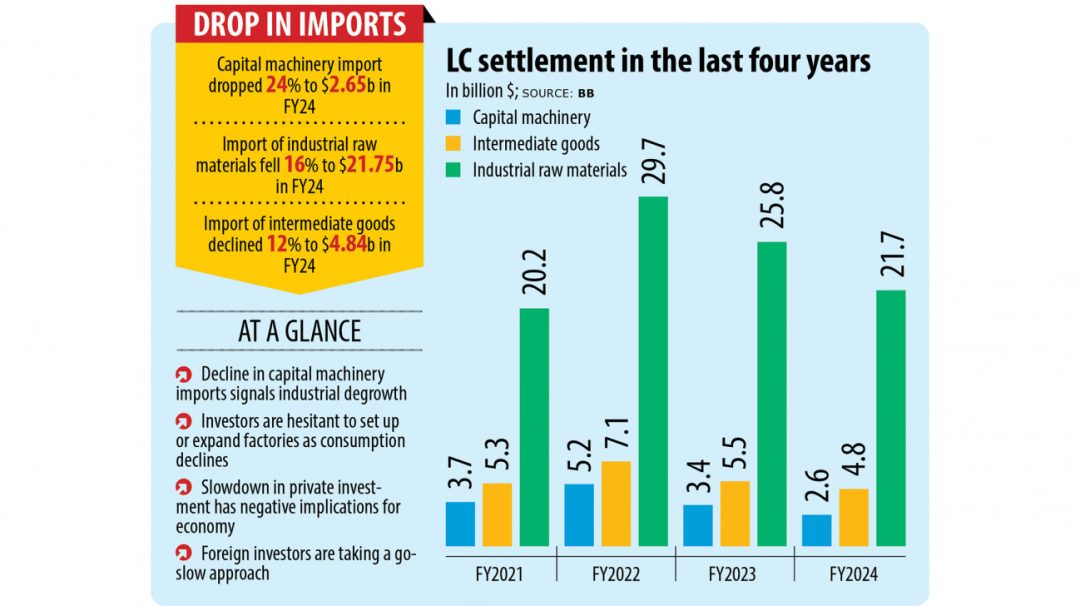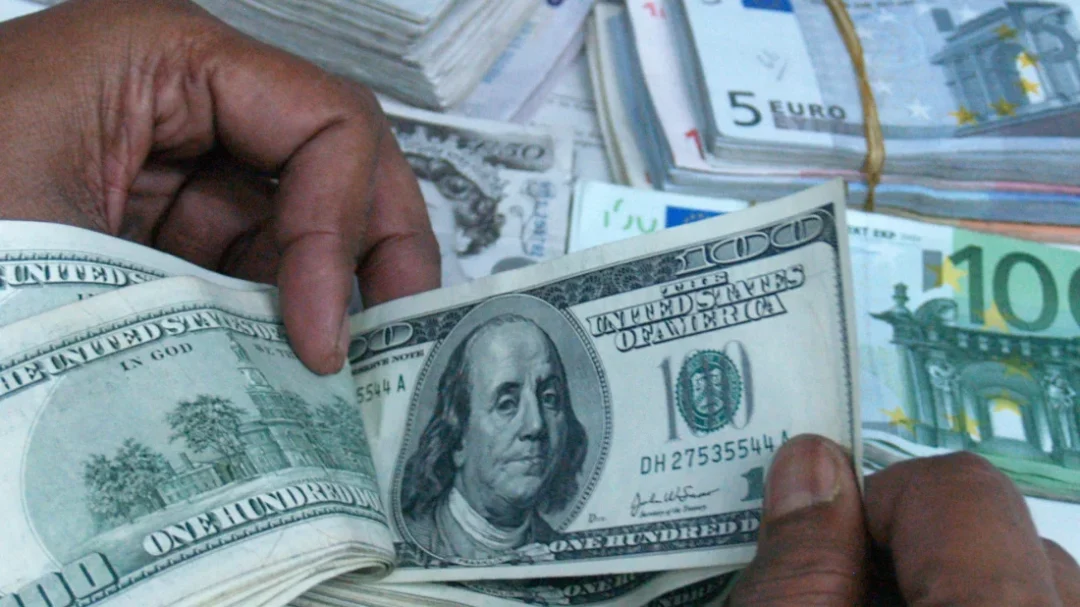Almost all the entities that help prop up the economy, such as banks, the stock market and regulatory bodies, have turned weak in Bangladesh over the last 50 years, said former Bangladesh Bank (BB) governor Salehuddin Ahmed yesterday.
This is why policies and plans, such as the national budget, cannot be implemented properly, he said.
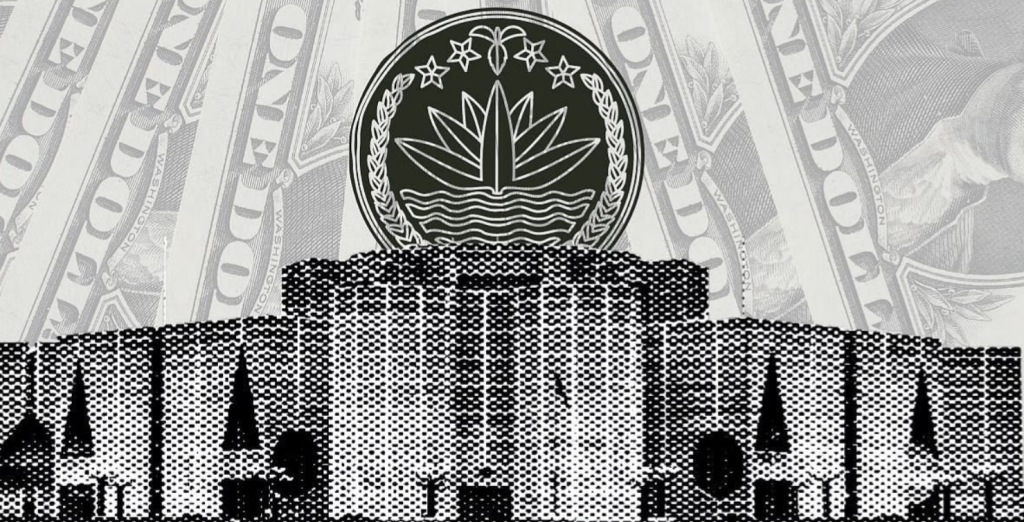
The most important task at this moment is to reduce expenses of the government as it formulated a big budget of Tk 7.97 lakh crore for the next fiscal year, Ahmed said.
There is no need for new big physical infrastructures now. Instead, it is important to take care of the existing ones to serve the people, he said.
For instance, there are many cases where patients passed away in hospitals as diagnostic tests could not be carried out on time as equipment was out of order, he added.
Salehuddin was addressing a post-budget discussion organised by the Economic Reporters’ Forum (ERF) at its office in Dhaka.
The country needs to make itself more attractive for more foreign direct investment and the government should make the budget friendly towards people and businesses, he said.
Fahmida Khatun, executive director of the Centre for Policy Dialogue (CPD), said the government targeted to increase private investment to Tk 3.43 lakh crore in a single year.
The government has targeted to take the private sector investment to 27 percent of the GDP next year from 23 percent although it has been hovering between 20 to 23 percent for the past decade, she said.
The inflow of private sector investment is likely to be affected because of the higher government bank borrowing to finance the budget deficit, she said.
The crowding out effect may occur in terms of private investment, she added.
Almost all indicators of the economy’s health are in the negative. In such a situation, it is almost impossible to bring down inflation to the expected level. General inflation is now 9.78 percent and food inflation nearly 13 percent, Fahmida also said.
The economy has been gradually turning into one that is dependent on loans from both domestic and international sources, the CPD executive director also said.
Mohammad Ali Khokon, president of the Bangladesh Textile Mills Association, said the factories often have to suspend production because of the energy crisis.
Moreover, a 15 percent VAT on investments in special economic zones (SEZs) is discouraging entrepreneurs from investing in them, he said.
Furthermore, the government is yet to ensure water supply to the SEZs, which is delaying the setting up of factories and mills in those areas, he said.
Monzur Hossain, research director of the Bangladesh Institute of Development Studies, said the government should rethink whether to continue subsidies on the energy sector as hiking the prices of petroleum products four times in a year may have a negative impact on the transportation and industrial sector and heighten the cost of doing business.
It is not right to reduce subsidies by simply increasing energy prices, he said, adding that the coming year was not the time for economic growth but rather a period when the government should focus more on macroeconomic stability.
AK Enamul Haque, a professor of economics at East West University, said all undisclosed money is not earned through corruption.
Many people do not submit documents for other reasons, such as not having enough time, but their money was earned in an honest way, he said.
Reforms are very good strategies and the country may not get a good amount of investment if the current situation continues, he added.
ERF President Mohammad Refayet Ullah Mirdha chaired the discussion while Syful Islam, executive member of the ERF, moderated it.
